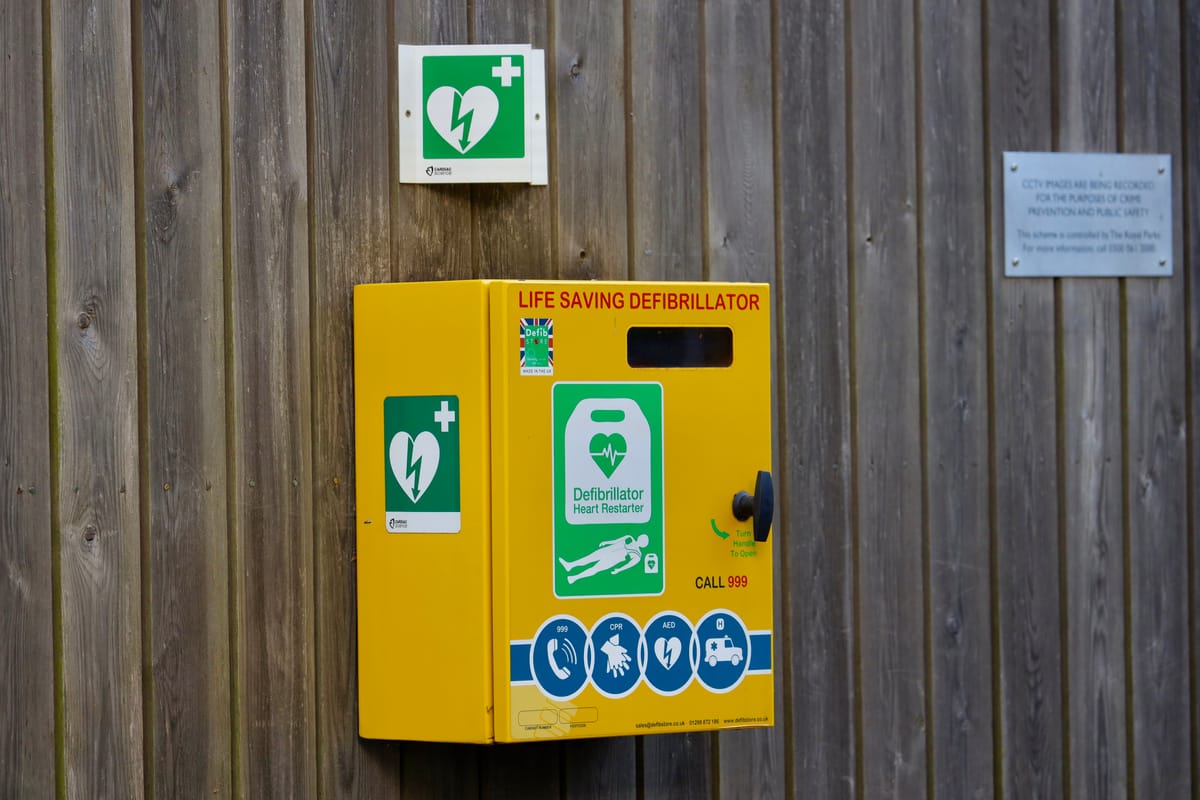New Defibrillator Location Tool to Boost Cardiac Arrest Survival Rates

By Health Correspondent
Survival rates for out-of-hospital cardiac arrests in Scotland are expected to improve with a new tool that helps place public access defibrillators (PADs) where they are most needed.
PADmap combines historical cardiac arrest data and the current defibrillator map to identify optimal locations for new PADs.
The goal is for a PAD to be no more than a four-minute round trip from someone experiencing a cardiac arrest.
Experts believe this will save more lives and reduce health inequalities. Out-of-hospital cardiac arrests cause nearly 4,000 resuscitation attempts annually in Scotland.
For each minute without defibrillation, survival chances drop by 10%. While PADs improve outcomes, the current uncoordinated placement leaves high-risk areas underserved, often affecting deprived or elderly communities.
Researchers from the University of Edinburgh developed PADmap using data from the Scottish Ambulance Service, the British Heart Foundation’s ‘The Circuit,’ and advanced mathematical models.
The tool helps prioritize locations with the highest need for PADs. If multiple PADs are needed, PADmap evaluates their combined impact to maximize availability.
A pilot study in Falkirk showed that PADs placed using PADmap were used more than twice as often as those placed based on intuition. The tool was created by researchers from the University of Edinburgh’s Resuscitation Research Group, engineers from the University of Toronto, and designers from Daysix, with funding from the Scottish Government and St John Scotland. The team now seeks partnerships to expand PADmap beyond Scotland.
Dr. Gareth Clegg from the University of Edinburgh said, "PADmap ensures defibrillators are placed where they’re most needed, saving lives and reducing health inequalities."
Jenni Minto, Scottish Government Minister for Public Health, added, "This platform will improve defibrillator coverage in high-risk areas, increasing survival chances."
James Cant, CEO of the Resuscitation Council UK, called PADmap "a game-changer" in improving survival rates across Scotland.





